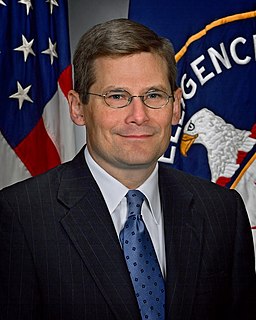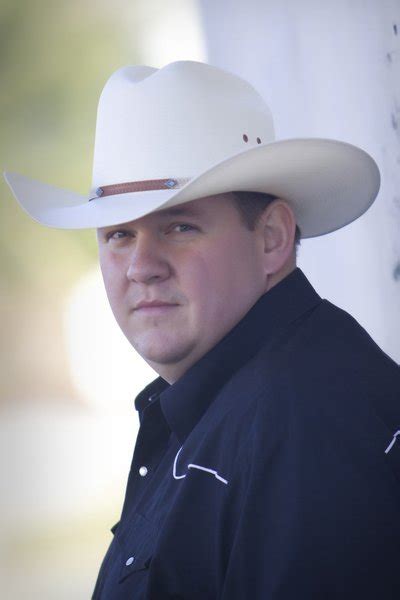A Quote by Claudia Rankine
I don't think people want to look at problems. They want a continuous narrative, an optimistic narrative. A narrative that says there's a present and a future - and what was in the past no longer exists.
Quote Topics
Related Quotes
The continuous narrative of existence is a lie. There is no continuous narrative, there are lit-up moments, and the rest is dark. When you look closely, the twenty-four hour day is framed into a moment; the still-life of the jerky amphetamine world. That woman-a pieta. Those men, rough angels with an unknown message. The children holding hands, spanning time. And in every still-life, there is a story, the story that tells you everything you need to know.
I'm obsessed with this idea of storytellers and people who have a narrative, and sometimes sustain a relationship because they're telling a narrative and someone is listening to that. Often the nature of the relationship is determined by how well they tell the story, or someone else's ability to suspend disbelief, or infuse into their narrative something which they may not even be aware of.





































